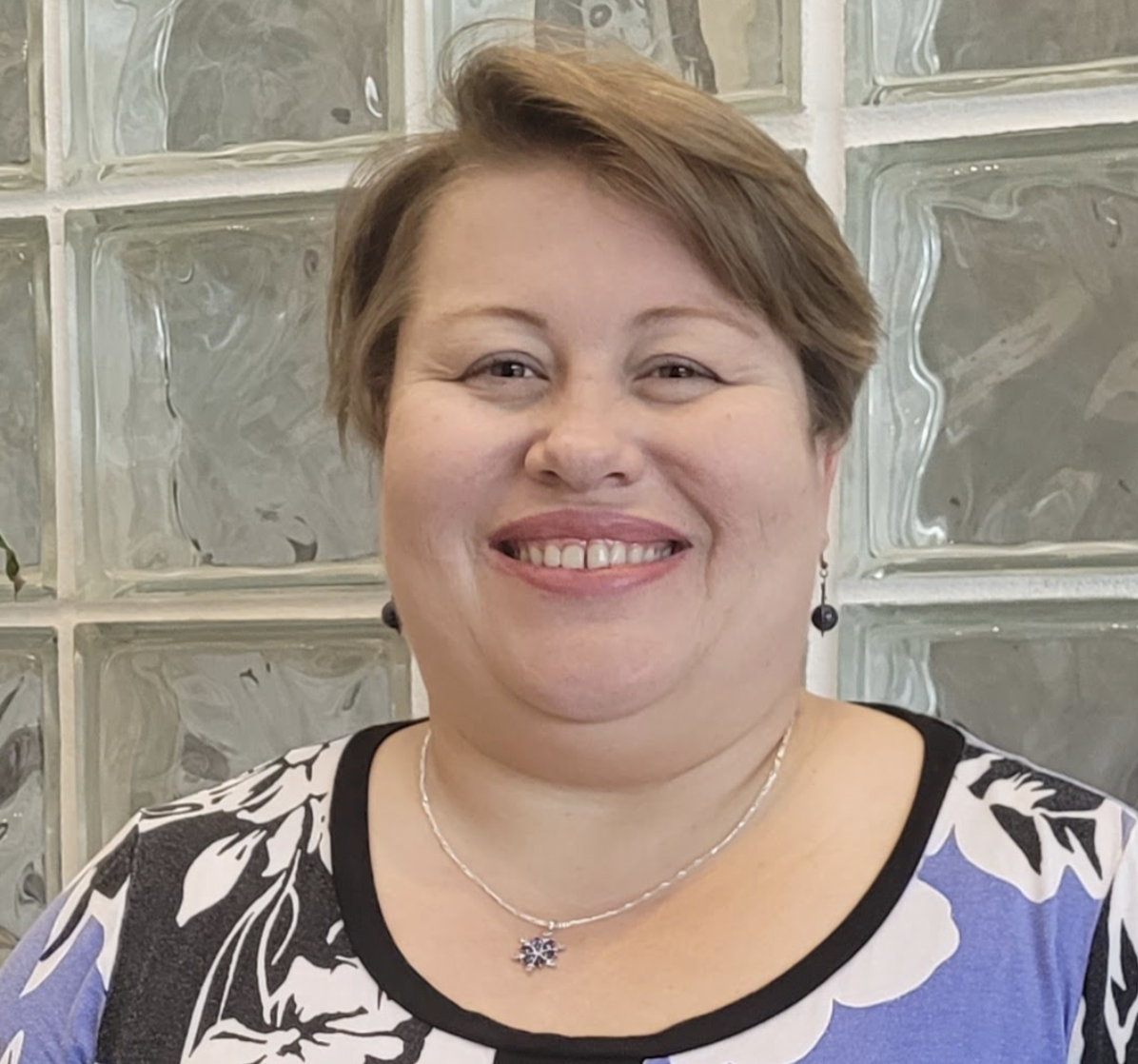
Erika Young has joined North Carolina Sea Grant as coastal and marine education specialist.
North Carolina Sea Grant is a state and federally funded program that has been serving coastal communities and beyond for more than 40 years. The program provides research, education and outreach opportunities relating to current issues.
Supporter Spotlight
“I am super excited to be a part of NC Sea Grant and look forward to developing relationships with our various stakeholders and continuing stewardship for our coasts,” Young said.
Young will be based at North Carolina Sea Grant’s headquarters at North Carolina State University, and will work with a variety of partners, such as the North Carolina Office of Environmental Education, Sea Grant announced Wednesday.
“Education is a pillar of the NC Sea Grant program,” Susan White, executive director, said in a statement. “Erika embodies a genuine ‘sense of wonder’ about the N.C. coast, and has a successful record of working with diverse audiences. We are pleased that she has joined our team.”
Before joining Sea Grant, Young was on the University of North Carolina Pembroke faculty for 13 years, where she served as a mentor for students there through the Research Initiative for Scientific Enhancement. She also has been active in science education outreach through programs such as the Morehead Planetarium, NC Science Festival, and Boys and Girls Clubs.
“I often visit local schools in underprivileged counties to talk to K-12 students about STEM fields. I grew up in Robeson County and understand how important it is to have a connection with your audience,” Young explained.
Supporter Spotlight
“As a first-year college, Native American undergraduate student, I was unaware of the multitude of undergraduate opportunities, let alone research,” she recalled.
But she applied for a summer opportunity to study herpetology in Indiana, a step that set her career path. “I collected local frogs and tadpoles from ponds to study pigmentation and camouflage,” which led to additional undergraduate research opportunities through UNCP.
She then earned a master’s from Western Carolina University followed by her doctorate from University of North Carolina Chapel Hill, where she “focused on aquatic ecology with emphasis in estuarine habitats, oyster biodeposition, meiofauna, and sea-level rise.”







